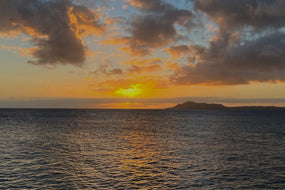Recycled Poly

At least 8 million tonnes of plastics leak into the ocean each year – which is equivalent to dumping the contents of one garbage truck into the ocean per minute. If things continue as they are, the ocean is expected to contain more plastics than fish (by weight) by 2050. Plastic trash parts are broken down into tiny particles in the ocean and ingested by marine animals, which are in turn ingested by humans.
Fortunately, leading environmental experts, labs and material innovators have developed a technical fabric that has given new life to plastic bottles that are currently finding their way into our landfills and waterways at an overflowing rate. By turning those bottles into yarn and technical fabric, we are now able to optimize the lifespan of plastic and minimize the harm to our earth.
Organic Canvas


Cotton covers 2.5% of the cultivated land and cotton growers use more than 10% of the world’s pesticides. Fertilizer and pesticide runoff can cause poisonous drinking water for humans and animals.
Organic cotton is a wonderful alternative to conventional cotton because its farmed without the use of fertilizers or pesticides, and produced in ways that use methods to minimize the negative impact on our environment. Organic cotton development uses far less water, helps maintain soil fertility, and enhances biodiversity. It’s much more challenging to produce, but it's worth it.




Comments
No comments yet.
Leave a comment